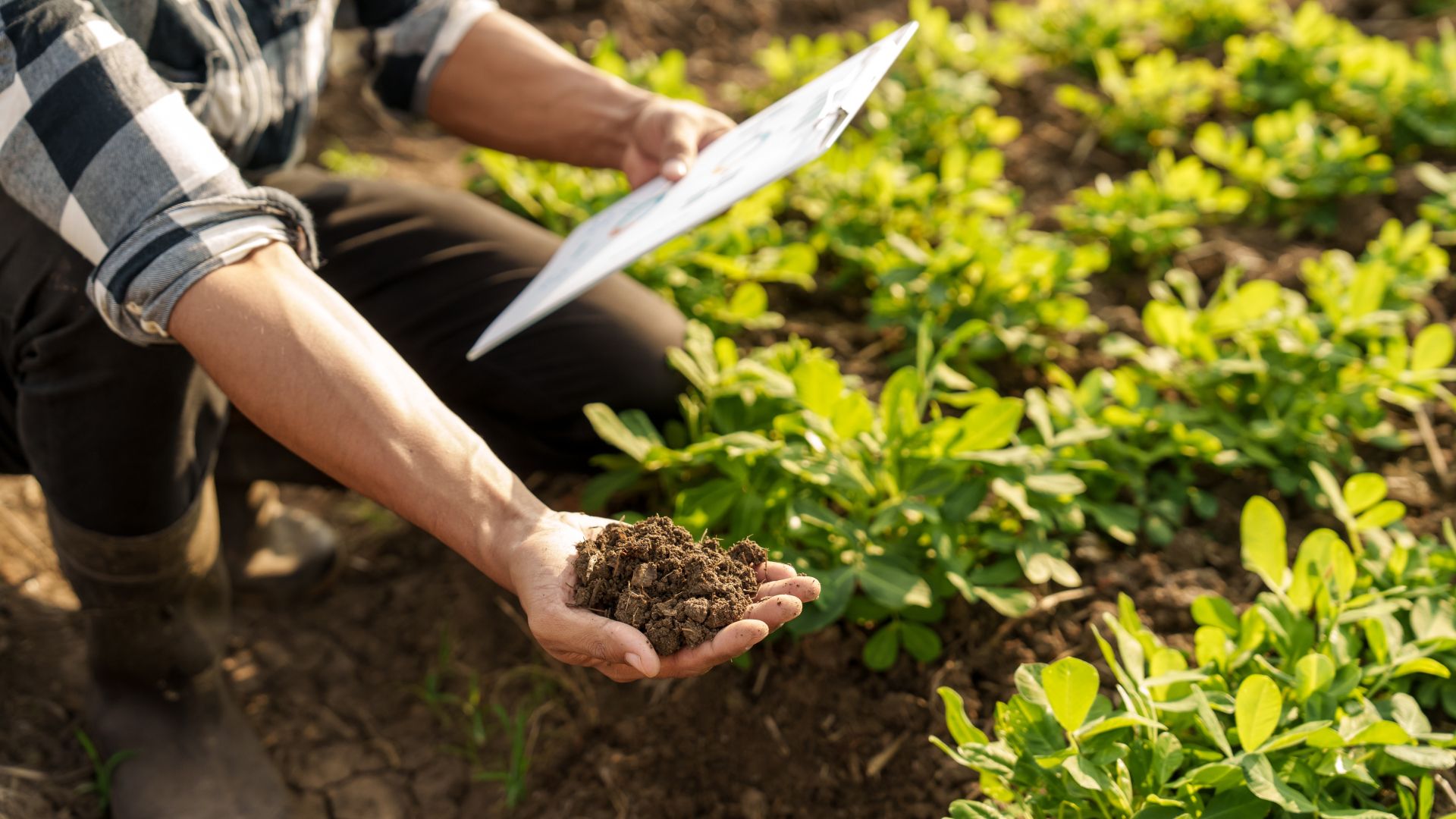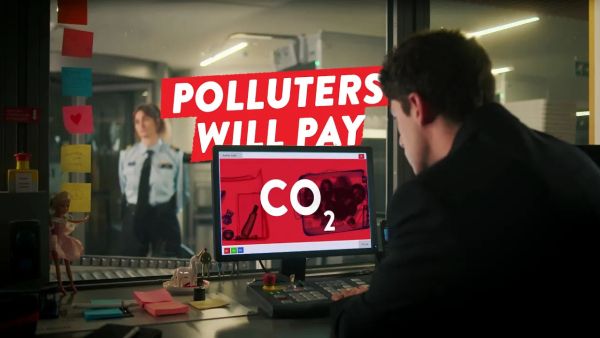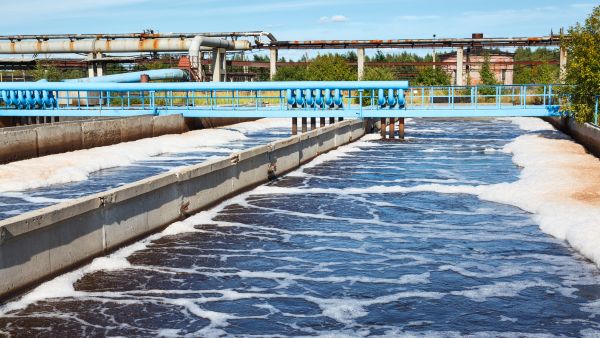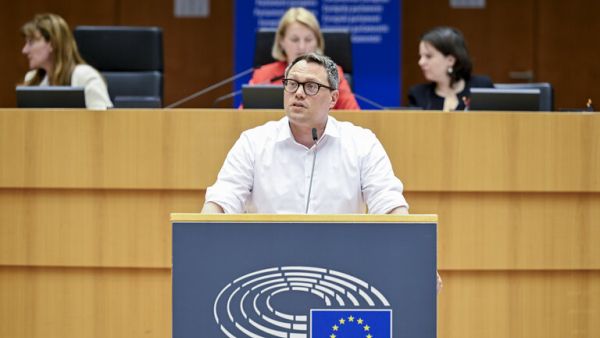Today, the European Parliament adopted its position on the Soil Monitoring and Resilience Directive, with the aim of having all EU soils healthy by 2050.
Soils host more than 25% of all biodiversity and are the planet’s second-largest carbon pool. Yet, European soils are facing unprecedented challenges, ranging from urban sprawl and low land recycling rates, to the intensification of agriculture and the impacts of climate change. Alarmingly, up to 70% of soils across Europe are currently classified as unhealthy. Addressing this crisis is crucial, not only to reverse biodiversity loss but also to enhance the resilience of our lands in the face of extreme weather events such as droughts and floods, while ensuring sustainable food production for generations to come.
As the first-ever European law on soils quality, this directive puts forward a detailed monitoring framework to measure and assess the ecological status of soils in order to track progress in achieving healthy soils by mid-century. This is indeed a crucial step forward. Despite the S&Ds’ relentless efforts, faced with a strong opposition from right-wing groups, they did not manage to include an obligation by member states to progressively improve the ecological status of their soils and prevent further damage within a specific timeframe - an important provision adopted at the European Parliament’s environment committee stage.
Beatrice Covassi, S&D negotiator on the file, said:
“Good soil is key to cope with climate change impacts like droughts and floods, reverse biodiversity loss and provide food on our tables. Without good soil, we have no future and farmers have no living. Despite some setbacks during today’s vote, the law will still include an objective to have all soils in a healthy condition by 2050. Moreover, today’s vote is a historical step towards the first-ever EU soil quality law, similar to the already existing legislation such as air or water quality standards.”












